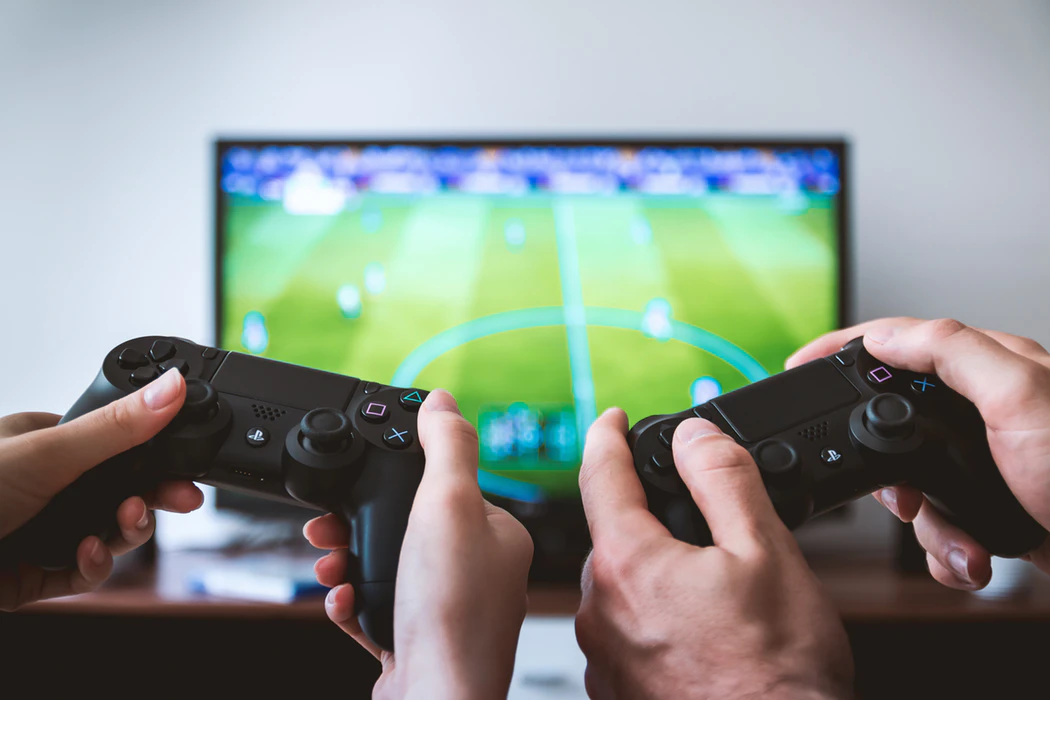
Late-night gaming linked to weight gain in children
Observational study: A study in which the subject is observed to see if there is a relationship between two or more things (eg: the consumption of diet drinks and obesity). Observational studies cannot prove that one thing causes another, only that they are linked.
People: This is a study based on research using people.
Playing video games is considered a risk factor for developing obesity in childhood, but there are several other factors, like staying up late or being less active, which may explain this relationship. A new study of 16,376 children in the UK tracked the use of video games at ages 5, 7, 11 and 14 years, as well as measuring other health behaviours. The results suggest there is a small association between video game use in early childhood and higher BMI in later years, which the researchers say may be due to irregular bedtimes and higher consumption of sugary drinks among children who spent more time playing video games. They propose that future interventions to prevent childhood obesity should incorporate health messaging in mainstream video games to target children most at risk.
Journal/conference: JAMA Pediatrics
Organisation/s: University College London
News for:
International
Media contact details for this story are only visible to registered journalists.

